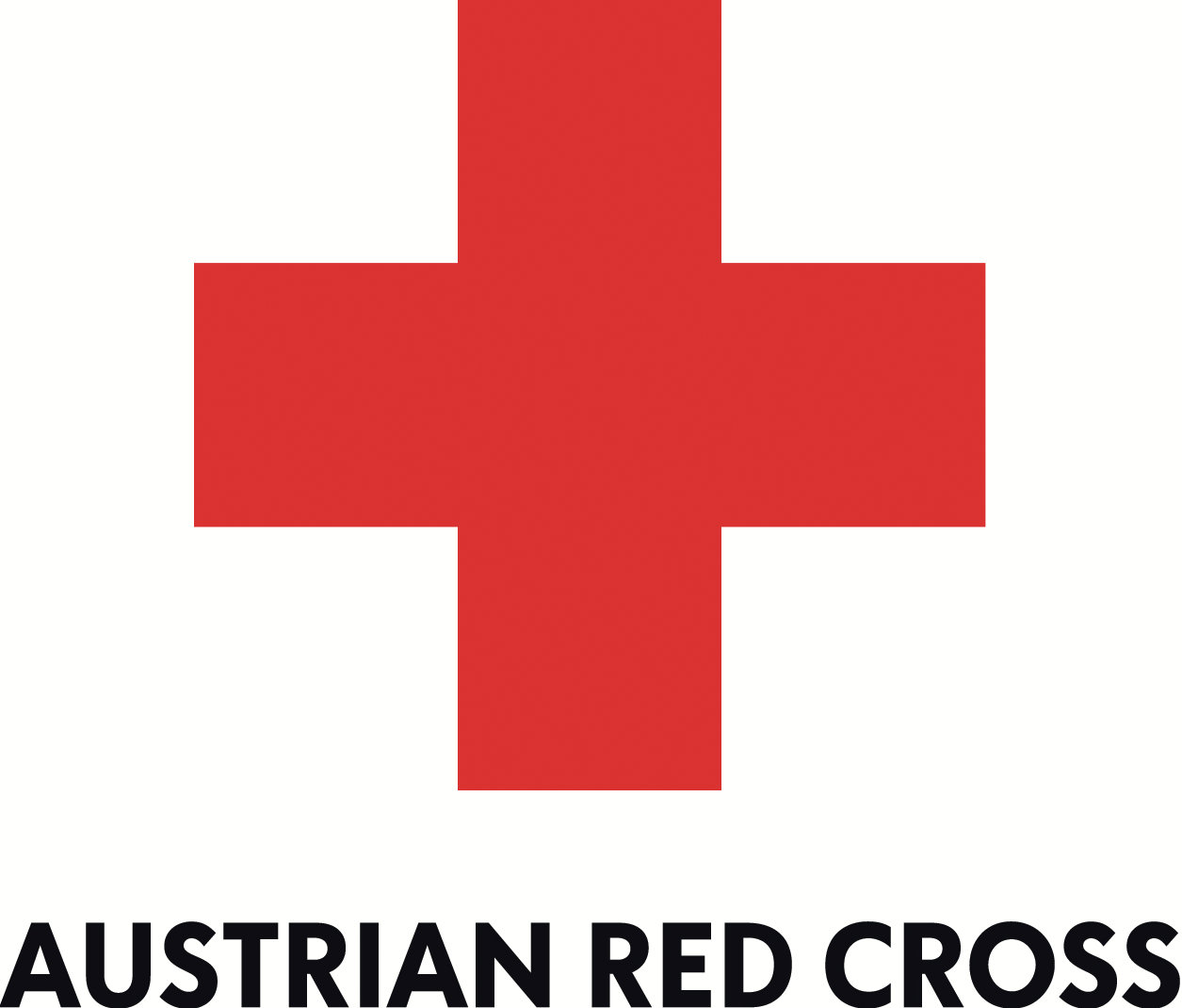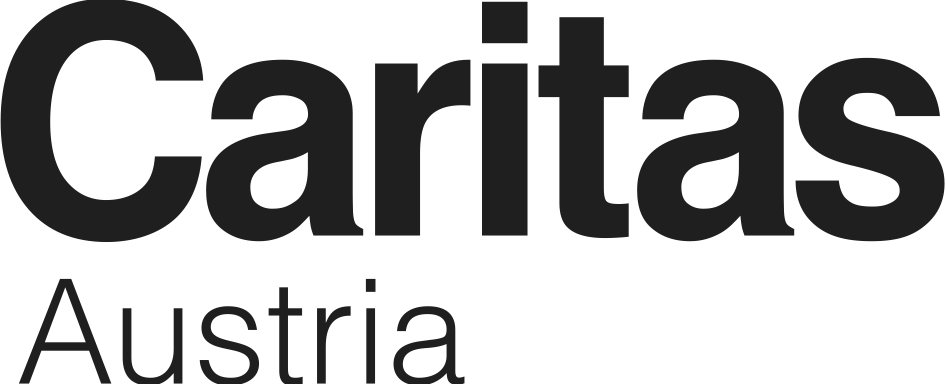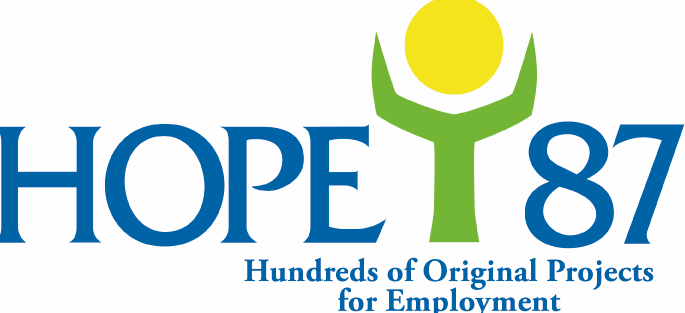The event “Health Systems and Humanitarian Aid: The Race Against COVID-19” has made clear that it is essential to:
support comprehensive access to healthcare – not only Covid-related – for marginalised and vulnerable people who fall outside of states’ mandates or may not be visible; among them, but not limited to, displaced persons, migrants, people living in areas not controlled by states, undocumented or stateless persons, people living with disabilities, girls, boys and various groups of women and men.
Health systems are social institutions in which health performance is shaped by communities. Apart from medical capabilities, public health requires a solid frame of legal preparedness, innovative financing methods and eye level communication and cooperation between countries of the Global South and the Global North.
Therefore, the Humanitarian Congress Vienna recommends to:
invest in equitable global health thus creating health systems that are resilient, sustainable and leaving no one behind and paying particular attention to marginalised groups. Health systems of the future should have the ability to prevent, mitigate and overcome crises and to emerge stronger no matter whether a crisis is caused by a pandemic such as COVID-19, a natural disaster, armed conflict or climate change. Health systems of the future should also embed the ability to continue developing and learning from each other – the Global North from the Global South and vice versa. Only in this way will humans be served in the manner they deserve.
commit and provide to sustainable and adequate financing of development cooperation and humanitarian aid. Specifically, Austria should develop a plan – within the current legislative period – on how and when it will achieve the internationally agreed target of providing 0,7% of GNI for development assistance. With these funds more resilient health systems in the Global South can be funded and developed.
Considering not only the armed conflict in Ukraine but also all the conflicts and crises currently not receiving media attention (such as for example Malawi or the Central African Republic) we state the obvious truth that: Attacks on health care systems are not only attacks on the sick, the injured and the dying and the institutions and staff taking care of them, but also attacks on preventative care, such as critical vaccination campaigns – and they are a breach of International Humanitarian Law. On May 3, 2016 the UN Security Council adopted its first resolution on the protection of health care in conflict and it bears reminding that also this aspect of international humanitarian law must be respected and implemented


















